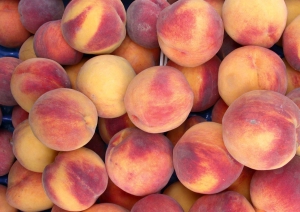 Eating two or three peaches a day might help inhibit breast cancer, scientists have revealed.
Eating two or three peaches a day might help inhibit breast cancer, scientists have revealed.
A study by researchers at Washington State University and Texas A&M showed that compounds in peaches can inhibit growth of breast cancer cells and their ability to spread.
Dr. Giuliana Noratto, food scientist at Washington State University, thinks the peach compounds could supplement therapies that reduce the risk of metastasis in breast and other types of cancer. The compounds could be consumed in the form of fresh peaches or in the form of an extract as a dietary supplement.
Noratto did the research as part of her doctoral work at Texas A&M with plant breeder Dr. David Byrne, food scientist Dr. Louis Cisneros-Zevallos, and toxicologist Dr. Weston Porter. In 2009, they published a study showing that peach and plum extracts suppressed breast cancer cells cultured in petri dishes.
For a subsequent study, they implanted breast cancer cells beneath the skin of mice and monitored the growth of the cells. After giving the cells a week to establish, the researchers fed the mice either a saline solution or varying doses of peach polyphenols—compounds that help plants ward off the damaging effects of the sun’s ultraviolet radiation. They extracted the compounds from Rich Lady peaches grown in California.
Previous studies had shown that these compounds act as antioxidants and can protect DNA against damage that can produce cancer, Noratto said.
After 12 days, the scientists saw that mice fed with high levels of polyphenols had tumors that grew less and without much of the blood vessel formation that can help cancer cells spread to other parts of the body. The tumors in those mice had less evidence of enzymes involved in the spread and invasion of cancer. When they analyzed the mice’s lungs, they found that the peach compounds inhibited metastasis in the lungs.
The doses given to the mice ranged from 0.8 to 1.6 milligrams per day, which is equivalent to a 132-pound person eating two or three peaches a day.
The study, with Noratto as lead author, was accepted this spring for publication in the Journal of Nutritional Biochemistry.
Noratto was drawn to the research after doing work on the antioxidant activity of root plants in her native Peru. She is also looking at compounds in apples, wheat, barley, quinoa, and dairy products that could help prevent obesity-related diseases.

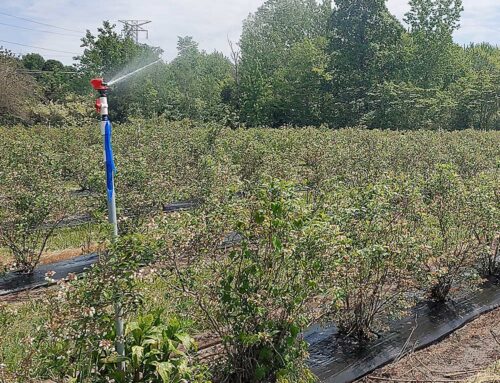

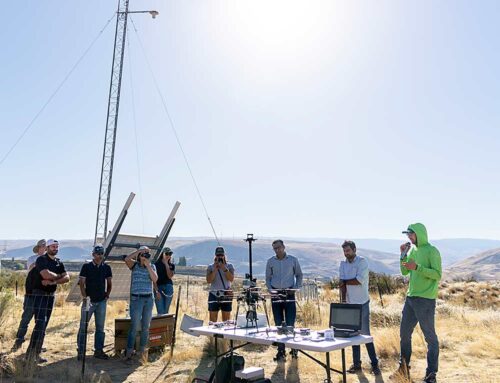
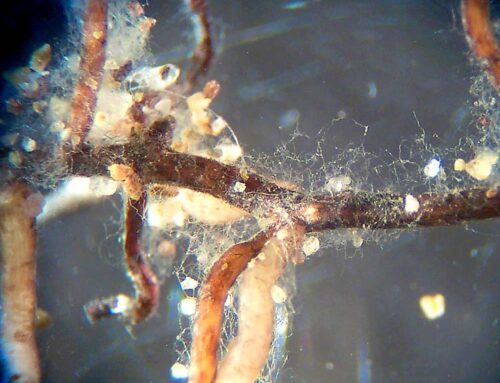
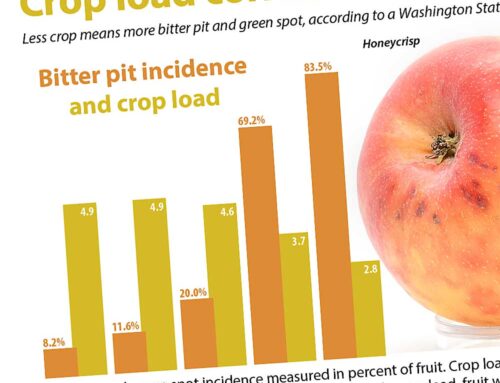
Leave A Comment